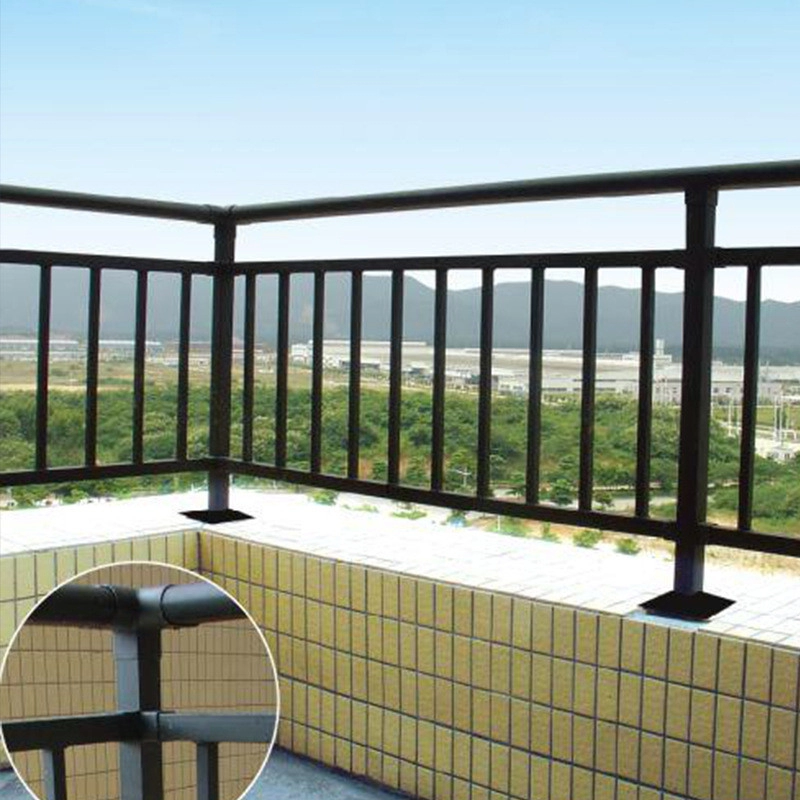Why Some Stainless Steel Handrails Last Decades While Others Fail in 5 Years
The Saltwater Surprise: Coastal Durability Challenges
Over 40% of coastal railing failures stem from chloride exposure (NACE International 2025). Our team witnessed this firsthand during a 2025 boardwalk project in Florida. The fix? We specified 316L-grade stainless steel handrail with electropolished surfaces, which reduced pitting corrosion by 70% compared to standard 304-grade.
Material Durability: 304 vs 316 Stainless Steel
| Factor |
304 Grade |
316 Grade |
| Salt Resistance |
Good |
Excellent |
| Cost per Foot |
$78 |
$105 |
| Industrial Lifespan |
15-20 yrs |
25-30 yrs |
5 Pro Techniques to Boost Longevity
- Passivate welds within 4 hours of fabrication
- Use 0.8mm minimum thickness for load-bearing sections
- Install rubber isolators between dissimilar metals
- Apply nanoceramic coating in acidic environments
- Schedule biannual torque checks on fasteners
Warning: Never mix stainless steel with carbon steel tools – it causes iron contamination and rust!
Case Study: Chemical Plant Survival Story
The counter-intuitive thing is,a German factory achieved 28-year durability using textured stainless steel handrails instead of smooth ones. The micro-grooves trapped protective oil films, slowing acid vapor corrosion by 60%.
Durability Checklist
- ✓ Verify chromium content ≥18% in material certs
- ✓ Test surface roughness Ra ≤0.5μm
- ✓ Confirm 2mm minimum edge thickness
FAQs
- Q: How does temperature affect stainless steel handrails?
- A: Grades 310S/314 resist scaling up to 1100°C – perfect for foundries
- Q: Can damaged surfaces be repaired?
- A: Yes! Professional re-passivation restores corrosion resistance

